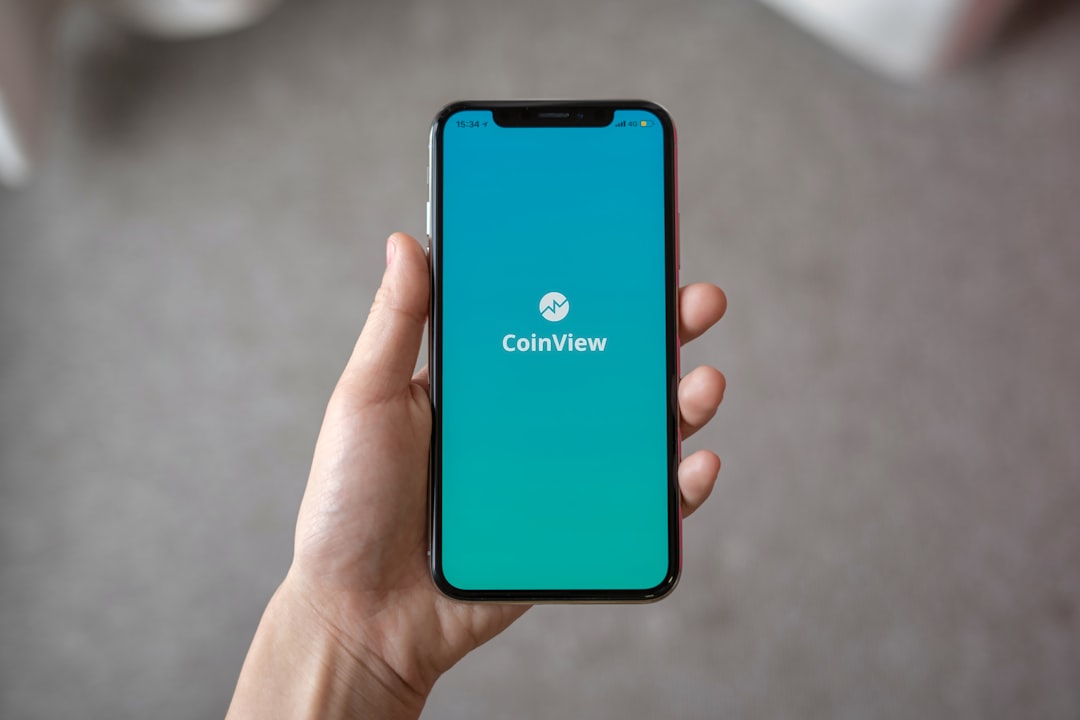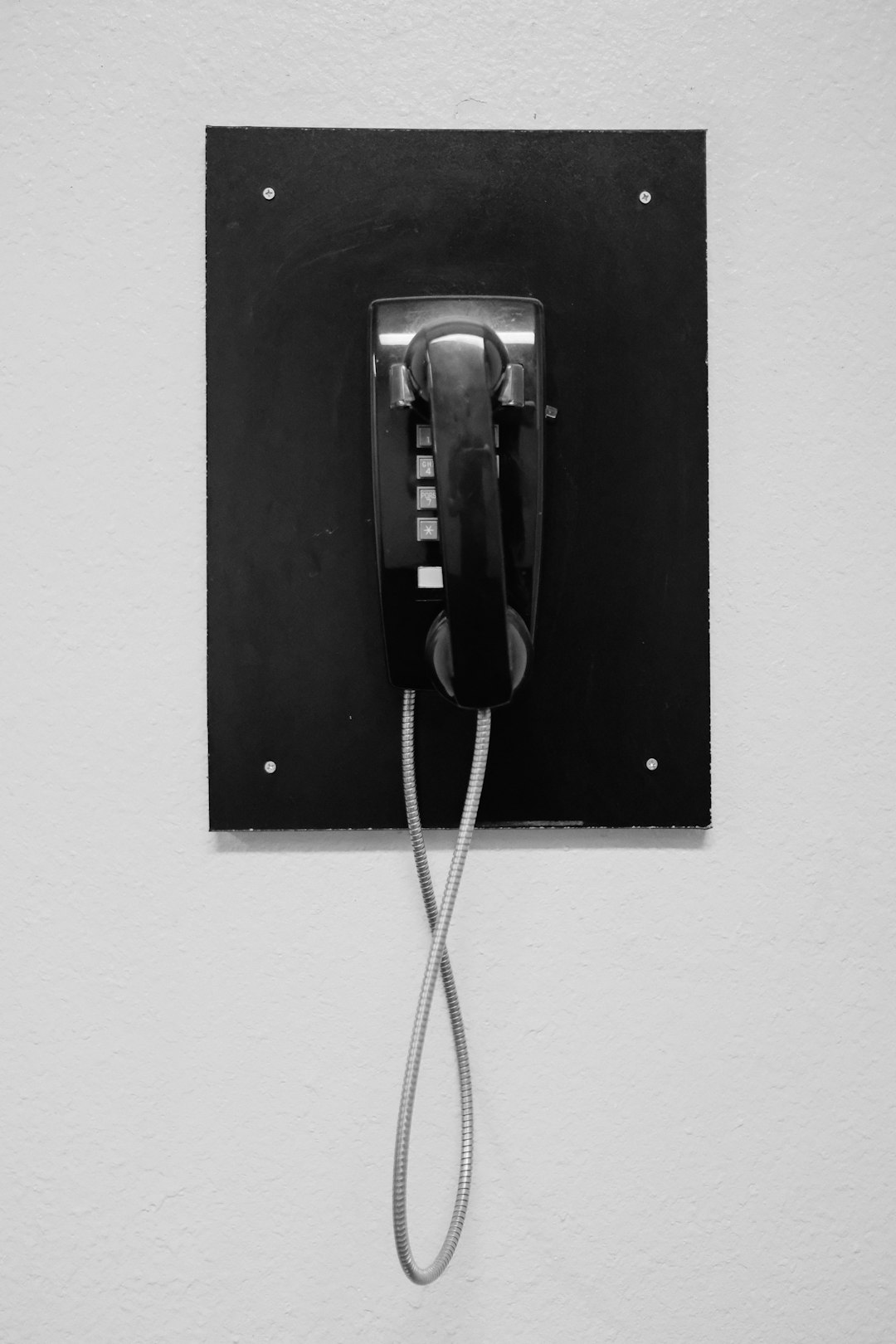In Georgia, debtors and creditors must adhere to strict debt collection laws designed to protect consumers from harassment. The "Do Not Call" list restricts spam calls, while guidelines govern communication methods and timing at work. Debt collector lawyers specialize in these regulations, assisting clients with permissible contact methods and protecting their rights. Violations face severe penalties, ensuring a respectful workplace environment. Consulting these attorneys offers guidance on rights, options, and legal assistance for both debtors and creditors.
“In Georgia, understanding the laws surrounding debt collection is crucial for both debtors and creditors alike. This comprehensive guide aims to demystify Georgia’s debt collection regulations, providing a thorough overview of your rights and obligations. From the Do-Not-Call list to spam call regulations, we explore the legal framework that protects employees from harassment at work. If you’re considering hiring a debt collector lawyer in Georgia or need to navigate these laws as a collector, this article offers essential insights into the state’s debt collection practices and the role of legal professionals.”
Understanding Georgia's Debt Collection Laws: A Comprehensive Guide

In Georgia, understanding the laws surrounding debt collection is crucial for both debtors and creditors alike. The state has implemented various regulations to protect consumers from aggressive or harassing collection practices, ensuring fair treatment during financial hardships. A debt collector lawyer in Georgia or a specialized attorney can provide valuable insights into these laws, helping individuals know their rights and obligations.
Georgia’s debt collection laws are designed to prevent spam calls and abusive tactics. The State’s “Do Not Call” list is a critical component, allowing residents to register their phone numbers and restrict unsolicited sales or promotional calls. Additionally, the law sets strict guidelines on when and how debt collectors can contact debtors at work, ensuring that these interactions respect an individual’s privacy and employment. Debt collector lawyers in Georgia often assist clients in navigating these complexities, offering guidance on permissible communication methods, timing restrictions, and the rights of both parties involved in a debt collection process.
The Do-Not-Call List: Protecting Employees from Harassment

In Georgia, the Do-Not-Call List is a significant protection for employees against harassment from debt collectors at work. This list, regulated by the Georgia Department of Law, prohibits debt collection agencies and their representatives from making telephone calls to individuals who have registered their numbers on the list. Those who violate this law can face strict penalties, including fines and legal actions brought by affected individuals or their debt collector lawyer in Georgia.
The Do-Not-Call List is an essential tool for maintaining a respectful and professional work environment. It allows employees to enjoy their job without the disruption of unsolicited calls from debt collectors. For those facing debt-related issues, consulting with a debt collector attorney in Georgia can provide guidance on their rights and options under these laws, ensuring that they are treated fairly during any collection efforts. Additionally, individuals who believe their rights have been violated can seek legal help from debt collector law firms in Georgia to protect themselves against harassment.
Legal Rights of Debt Collectors in Georgia: What You Need to Know

In Georgia, debt collectors adhere to strict legal guidelines when attempting to contact debtors at their places of work. According to state laws, debt collectors must respect an individual’s privacy and work environment by adhering to specific rules regarding phone calls and communication. The Georgia Spam Call Act prohibits unauthorized or harassing phone calls, including those from debt collectors, to individuals’ personal and business phones. This law ensures that debtors are not subject to relentless or intrusive contact during work hours.
Debt collector lawyers in Georgia emphasize the importance of compliance with these laws for both collectors and consumers. Consumers have the right to request that a creditor or collection agency cease communication at any time, and failure to adhere to this request can result in legal repercussions. Additionally, debt collector attorneys in Georgia advise their clients to maintain professional boundaries during interactions with debtors, ensuring that all communications are conducted fairly and transparently while respecting the legal rights of both parties.
Navigating Spam Call Regulations: A Lawyer's Perspective

Navigating Spam Call Regulations: A Lawyer’s Perspective
In Georgia, debt collectors must adhere to strict regulations regarding communication with debtors at work. The Do Not Call laws, enforced by the Federal Trade Commission (FTC) and applicable in Georgia, prohibit unsolicited telephone marketing calls to individuals who have registered their phone numbers on the National Do Not Call Registry. Debt collector lawyers in Georgia emphasize that these rules are designed to protect consumers from invasive and disruptive calls, ensuring they can enjoy their jobs without constant harassment.
Law firms specializing in debt collection laws in Georgia take these regulations seriously. They employ strategies to ensure compliance, such as obtaining proper consent before contacting debtors and maintaining detailed records of all communications. A debt collector attorney in Georgia can guide both collectors and employers on best practices to avoid violating the Spam Call law, thereby preserving legal rights and protecting client relationships.
When to Hire a Debt Collector Attorney in Georgia

In Georgia, both state and federal laws regulate how debt collectors can communicate with debtors, aiming to protect individuals from aggressive or harassing collection practices. If a debtor believes their rights are being violated, hiring a debt collector attorney in Georgia can be crucial. These legal professionals specialize in navigating the complex web of debt collection regulations and ensuring compliance with the law. They can provide guidance on when and how to contact debtors, including restrictions on phone calls, emails, and other forms of communication.
Debt collector lawyers in Georgia can also assist debtors facing excessive or unfair collection efforts. They can file legal actions against abusive collectors, seek damages for violations of debt collection laws, and even help negotiate settlements that are fair and just. Given the intricacies of these laws, having a skilled attorney by your side is essential to protect your rights and ensure you’re treated fairly during the debt collection process. For those dealing with persistent or inappropriate contact from debt collectors, consulting with a debt collector law firm in Georgia can offer much-needed clarity and recourse.






